CRIMINAL CODE EXCEPTION FOR FAMILY MEMBERS
입력 2022.10.12 (15:15)
수정 2022.10.12 (16:45)
읽어주기 기능은 크롬기반의
브라우저에서만 사용하실 수 있습니다.
[Anchor Lead]
There is a special case clause in Korea's criminal code which doesn't punish certain crimes, such as theft and embezzlement, when they involve family members. This provision is under renewed spotlight in the wake of the much publicized family feud surrounding TV star Park Soo-hong. Some that even family must be punished for their wrongdoings, while others argue the state should not intervene in family affairs. The time-old dispute is again reignited.
[Pkg]
Celebrity Park Soo-hong, is carried on a stretcher into an ambulance. He was beaten by his own father as he was about to be questioned by prosecutors relating to embezzlement allegations involving his older brother. The father has been at odds with Park, refuting the younger son's claim that the brother embezzled his fortune. The dad claims he is responsible, not the brother. Some speculate the father may have his eyes on the special criminal code exception which doesn't charge against property-related crimes, such as theft and fraud, involving parents and children. Controversy has continued over how to justify wrongdoers evading punishment. The need to revise this clause was again brought up during the recent parliamentary audit.
[Soundbite] Park Beom-kye(Democratic Party (Oct. 6, parliamentary audit)) : "I believe an aggressive revision of the clause is necessary. I have also reviewed the issue."
[Soundbite] Han Dong-hoon(Minister of Justice) : "It is difficult to apply a notion of the past era in current society."
There are hundreds, and sometimes nearly 1,000, economic crimes between family members reported each year. Many of them include malicious, intentional crimes. Experts say family members are purposefully abusing the special case clause.
[Soundbite] Lee Sung-man(DP (introduced revision to Criminal code exception)) : "The most glaring example is families of the disabled using this law to inflict property damage."
On the other side of the debate, there are those who oppose excessive state intervention in family matters. In 2012, the Constitutional Court ruled in favor of the provision saying that criminal punishment must not serve to break household peace. Even the parliamentary Research Service pointed out that it's too much for the state to impose penalties on wives taking living expenses and children stealing money. Legal revisions seeking to reduce the scope of such exemption fell through twice in the past. Three related bills are also pending in the current National Assembly. Amid the renewed controversy, the justice ministry is reviewing the pros and cons of several revision options. They include replacing the current exemption with the designation of crimes that are only subject to a victim's complaint or crimes that are not prosecuted against objection.
There is a special case clause in Korea's criminal code which doesn't punish certain crimes, such as theft and embezzlement, when they involve family members. This provision is under renewed spotlight in the wake of the much publicized family feud surrounding TV star Park Soo-hong. Some that even family must be punished for their wrongdoings, while others argue the state should not intervene in family affairs. The time-old dispute is again reignited.
[Pkg]
Celebrity Park Soo-hong, is carried on a stretcher into an ambulance. He was beaten by his own father as he was about to be questioned by prosecutors relating to embezzlement allegations involving his older brother. The father has been at odds with Park, refuting the younger son's claim that the brother embezzled his fortune. The dad claims he is responsible, not the brother. Some speculate the father may have his eyes on the special criminal code exception which doesn't charge against property-related crimes, such as theft and fraud, involving parents and children. Controversy has continued over how to justify wrongdoers evading punishment. The need to revise this clause was again brought up during the recent parliamentary audit.
[Soundbite] Park Beom-kye(Democratic Party (Oct. 6, parliamentary audit)) : "I believe an aggressive revision of the clause is necessary. I have also reviewed the issue."
[Soundbite] Han Dong-hoon(Minister of Justice) : "It is difficult to apply a notion of the past era in current society."
There are hundreds, and sometimes nearly 1,000, economic crimes between family members reported each year. Many of them include malicious, intentional crimes. Experts say family members are purposefully abusing the special case clause.
[Soundbite] Lee Sung-man(DP (introduced revision to Criminal code exception)) : "The most glaring example is families of the disabled using this law to inflict property damage."
On the other side of the debate, there are those who oppose excessive state intervention in family matters. In 2012, the Constitutional Court ruled in favor of the provision saying that criminal punishment must not serve to break household peace. Even the parliamentary Research Service pointed out that it's too much for the state to impose penalties on wives taking living expenses and children stealing money. Legal revisions seeking to reduce the scope of such exemption fell through twice in the past. Three related bills are also pending in the current National Assembly. Amid the renewed controversy, the justice ministry is reviewing the pros and cons of several revision options. They include replacing the current exemption with the designation of crimes that are only subject to a victim's complaint or crimes that are not prosecuted against objection.
■ 제보하기
▷ 카카오톡 : 'KBS제보' 검색, 채널 추가
▷ 전화 : 02-781-1234, 4444
▷ 이메일 : kbs1234@kbs.co.kr
▷ 유튜브, 네이버, 카카오에서도 KBS뉴스를 구독해주세요!
- CRIMINAL CODE EXCEPTION FOR FAMILY MEMBERS
-
- 입력 2022-10-12 15:15:48
- 수정2022-10-12 16:45:35

[Anchor Lead]
There is a special case clause in Korea's criminal code which doesn't punish certain crimes, such as theft and embezzlement, when they involve family members. This provision is under renewed spotlight in the wake of the much publicized family feud surrounding TV star Park Soo-hong. Some that even family must be punished for their wrongdoings, while others argue the state should not intervene in family affairs. The time-old dispute is again reignited.
[Pkg]
Celebrity Park Soo-hong, is carried on a stretcher into an ambulance. He was beaten by his own father as he was about to be questioned by prosecutors relating to embezzlement allegations involving his older brother. The father has been at odds with Park, refuting the younger son's claim that the brother embezzled his fortune. The dad claims he is responsible, not the brother. Some speculate the father may have his eyes on the special criminal code exception which doesn't charge against property-related crimes, such as theft and fraud, involving parents and children. Controversy has continued over how to justify wrongdoers evading punishment. The need to revise this clause was again brought up during the recent parliamentary audit.
[Soundbite] Park Beom-kye(Democratic Party (Oct. 6, parliamentary audit)) : "I believe an aggressive revision of the clause is necessary. I have also reviewed the issue."
[Soundbite] Han Dong-hoon(Minister of Justice) : "It is difficult to apply a notion of the past era in current society."
There are hundreds, and sometimes nearly 1,000, economic crimes between family members reported each year. Many of them include malicious, intentional crimes. Experts say family members are purposefully abusing the special case clause.
[Soundbite] Lee Sung-man(DP (introduced revision to Criminal code exception)) : "The most glaring example is families of the disabled using this law to inflict property damage."
On the other side of the debate, there are those who oppose excessive state intervention in family matters. In 2012, the Constitutional Court ruled in favor of the provision saying that criminal punishment must not serve to break household peace. Even the parliamentary Research Service pointed out that it's too much for the state to impose penalties on wives taking living expenses and children stealing money. Legal revisions seeking to reduce the scope of such exemption fell through twice in the past. Three related bills are also pending in the current National Assembly. Amid the renewed controversy, the justice ministry is reviewing the pros and cons of several revision options. They include replacing the current exemption with the designation of crimes that are only subject to a victim's complaint or crimes that are not prosecuted against objection.
There is a special case clause in Korea's criminal code which doesn't punish certain crimes, such as theft and embezzlement, when they involve family members. This provision is under renewed spotlight in the wake of the much publicized family feud surrounding TV star Park Soo-hong. Some that even family must be punished for their wrongdoings, while others argue the state should not intervene in family affairs. The time-old dispute is again reignited.
[Pkg]
Celebrity Park Soo-hong, is carried on a stretcher into an ambulance. He was beaten by his own father as he was about to be questioned by prosecutors relating to embezzlement allegations involving his older brother. The father has been at odds with Park, refuting the younger son's claim that the brother embezzled his fortune. The dad claims he is responsible, not the brother. Some speculate the father may have his eyes on the special criminal code exception which doesn't charge against property-related crimes, such as theft and fraud, involving parents and children. Controversy has continued over how to justify wrongdoers evading punishment. The need to revise this clause was again brought up during the recent parliamentary audit.
[Soundbite] Park Beom-kye(Democratic Party (Oct. 6, parliamentary audit)) : "I believe an aggressive revision of the clause is necessary. I have also reviewed the issue."
[Soundbite] Han Dong-hoon(Minister of Justice) : "It is difficult to apply a notion of the past era in current society."
There are hundreds, and sometimes nearly 1,000, economic crimes between family members reported each year. Many of them include malicious, intentional crimes. Experts say family members are purposefully abusing the special case clause.
[Soundbite] Lee Sung-man(DP (introduced revision to Criminal code exception)) : "The most glaring example is families of the disabled using this law to inflict property damage."
On the other side of the debate, there are those who oppose excessive state intervention in family matters. In 2012, the Constitutional Court ruled in favor of the provision saying that criminal punishment must not serve to break household peace. Even the parliamentary Research Service pointed out that it's too much for the state to impose penalties on wives taking living expenses and children stealing money. Legal revisions seeking to reduce the scope of such exemption fell through twice in the past. Three related bills are also pending in the current National Assembly. Amid the renewed controversy, the justice ministry is reviewing the pros and cons of several revision options. They include replacing the current exemption with the designation of crimes that are only subject to a victim's complaint or crimes that are not prosecuted against objection.
이 기사가 좋으셨다면
-
좋아요
0
-
응원해요
0
-
후속 원해요
0










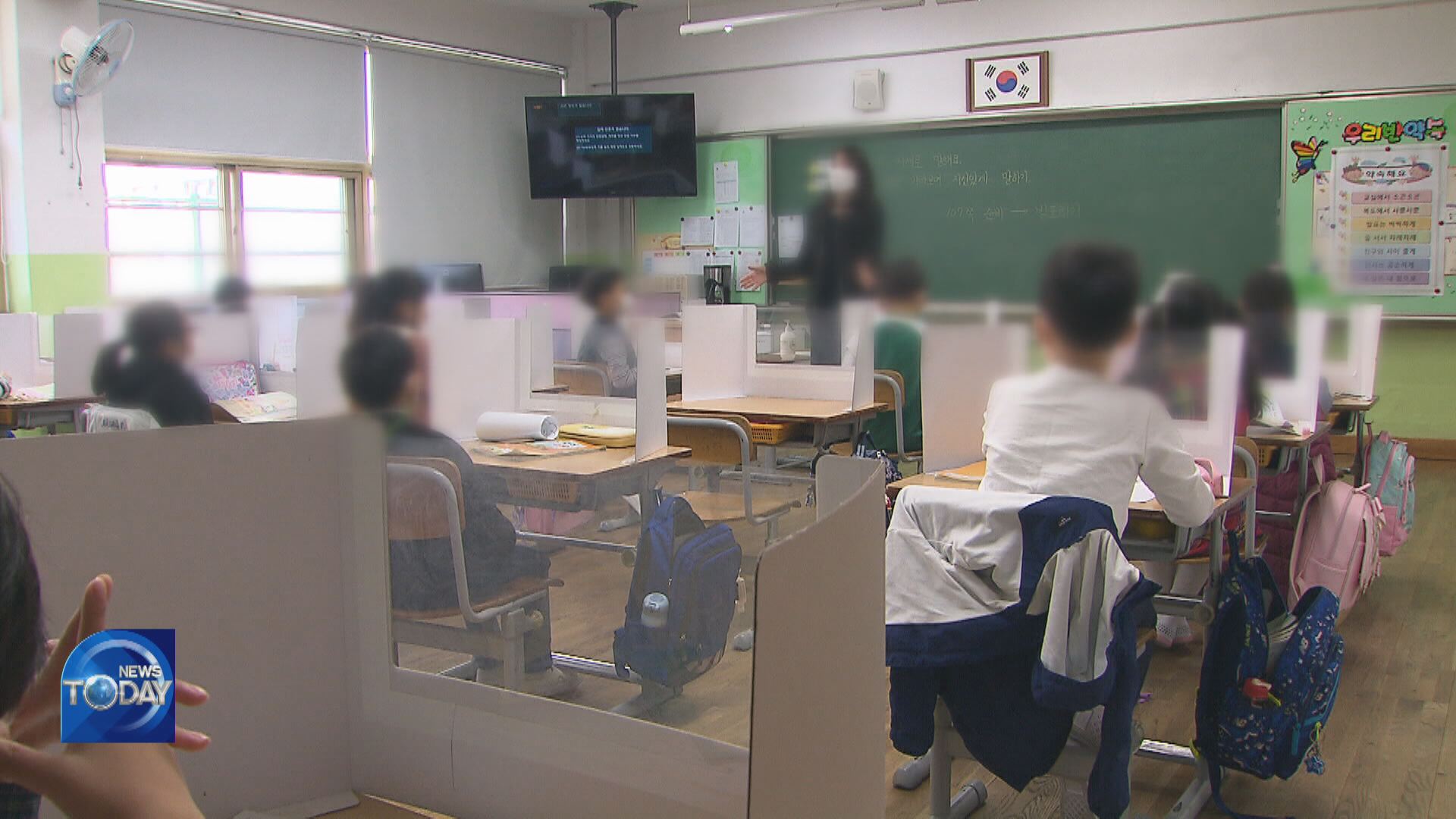
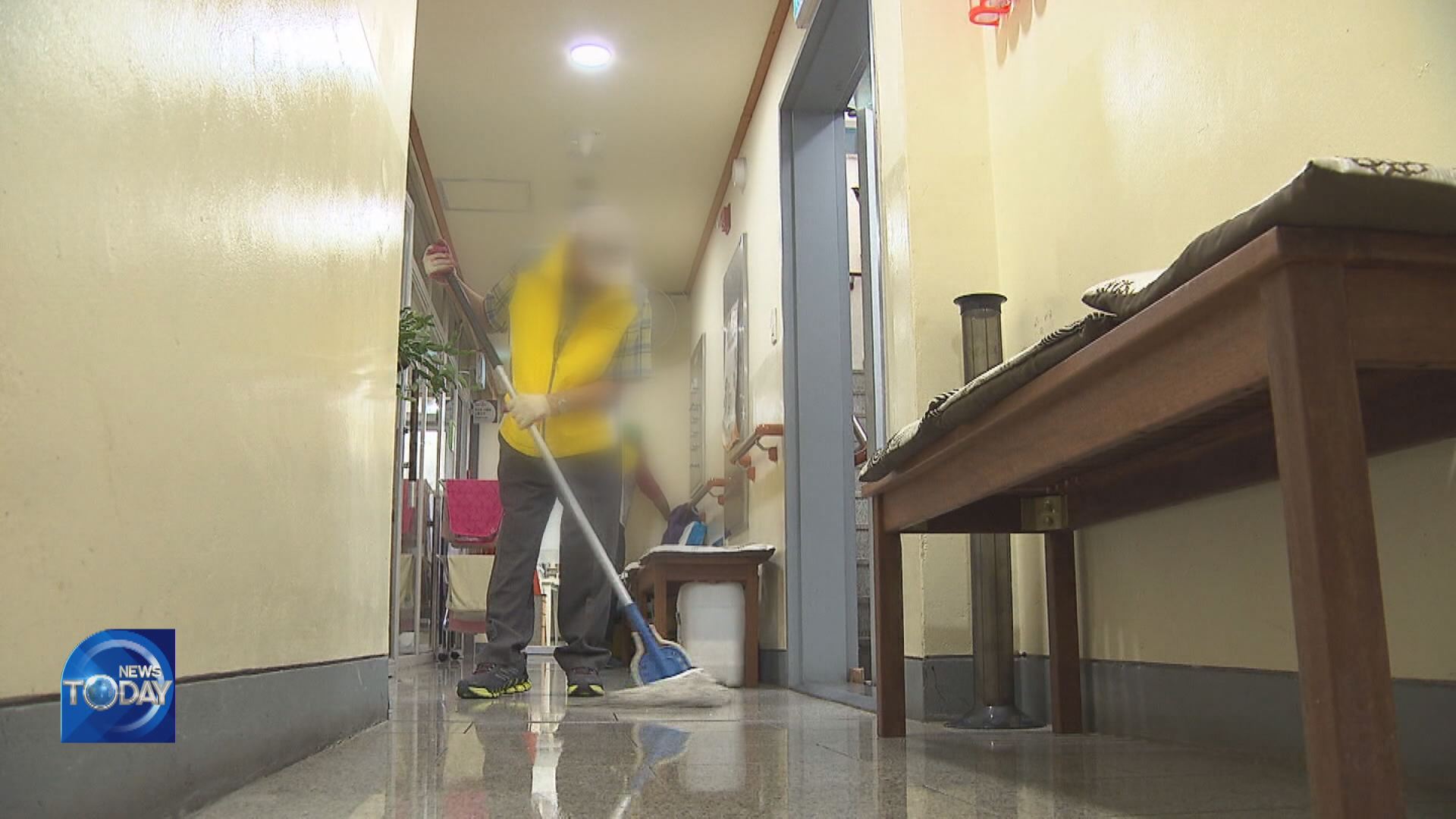
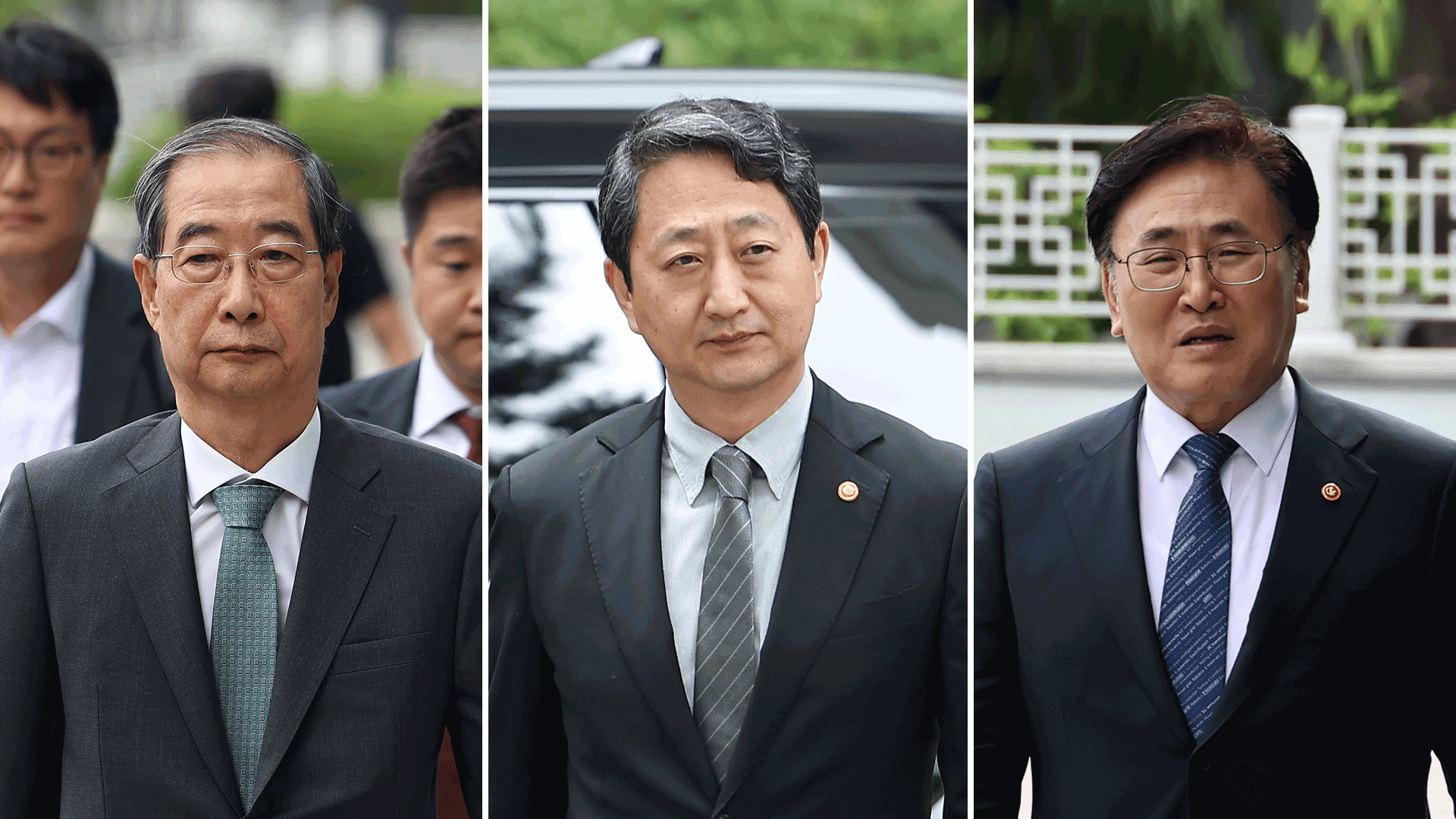
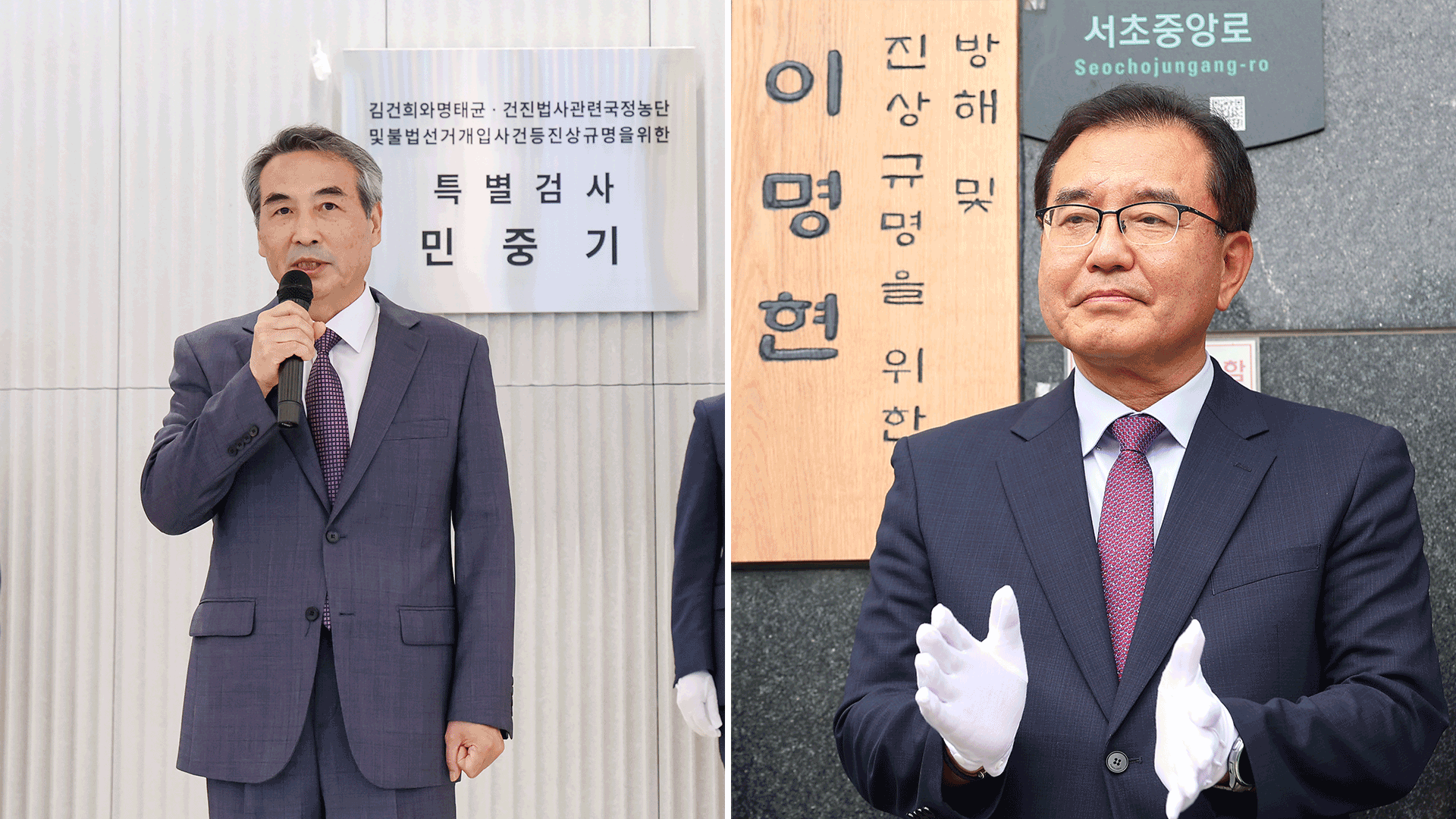
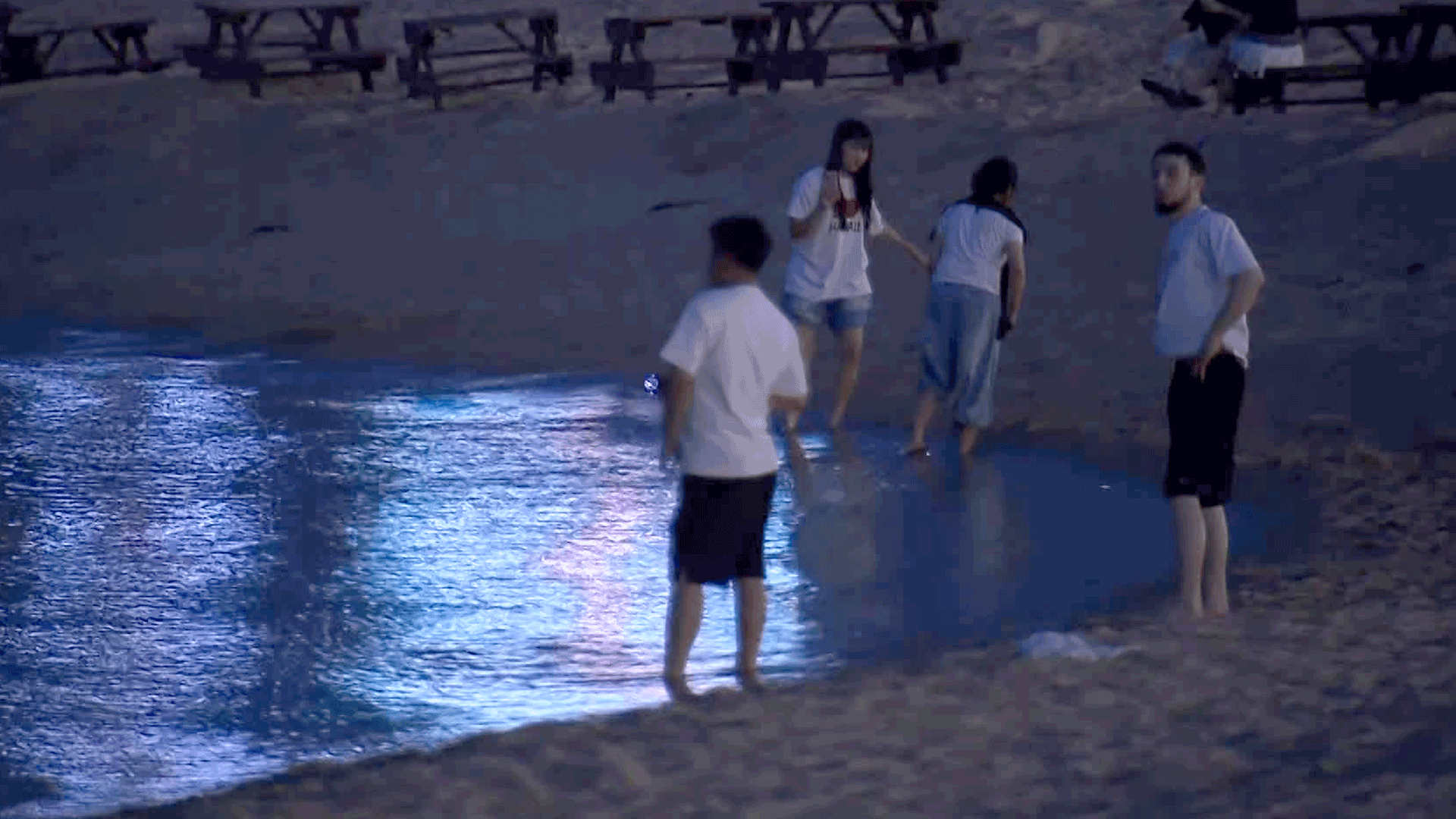
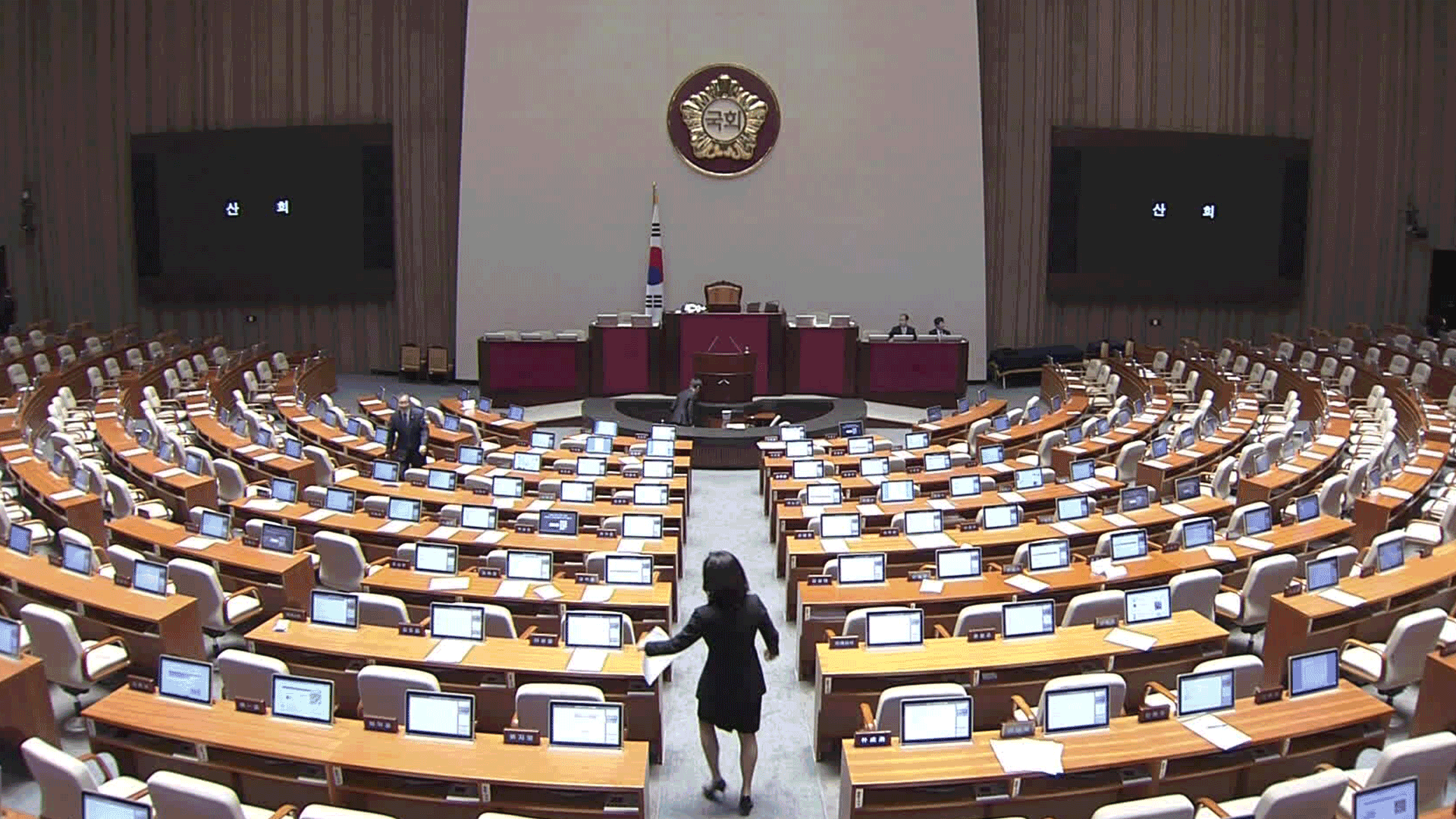

이 기사에 대한 의견을 남겨주세요.